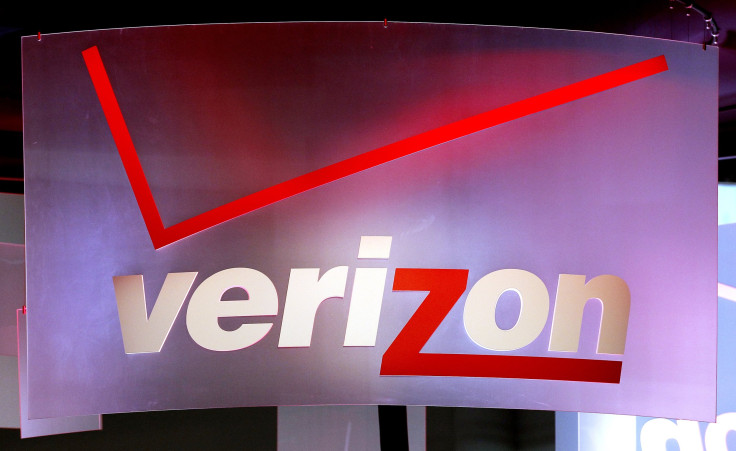Verizon Kills Smartphone Subsidies And Service Contracts In Bid To 'Simplify' Subscriber Plans

Verizon announced Friday that it will scrap subsidized phone offerings and two-year contracts for new subscribers. With the move, Verizon becomes the latest U.S. carrier to back away from the subsidy model, under which consumers get highly discounted phones in exchange for lengthy contract commitments.
In the future, Verizon will offer four plans: small (1GB for $30 per month), medium (3GB for $45), large (6GB for $60) and extra large (12GB for $80). Current Verizon customers will be able to upgrade to subsidized phones, but according to Re/code, it is likely that these options will slowly disappear the longer the unsubsidized options are in effect.
The four plans will be introduced on Aug. 13. Customers will pay $20 per smartphone a month plus $15 for every gigabyte they exceed their monthly data allowance. These prices aren't cheap, but Verizon's vice president of consumer pricing, Rob Miller, told Re/code the company is aiming to provide a "best-in-class" network. “We’re not going to be a price leader -- never said we would,” Miller said.
The news reflects an overall shift in the mobile industry. While it will still offer the two-year subsidized contract, AT&T has been pushing its customers toward its Next plans instead.
T-Mobile has phased out subsidized phone plans entirely. Last month, the company announced a new "Jump! On Demand" service where customers pay monthly for 18 months minimum, during which they can upgrade up to three times per year. The new service expands on the existing "Jump" plan that included device insurance but had fewer options.
© Copyright IBTimes 2024. All rights reserved.




















